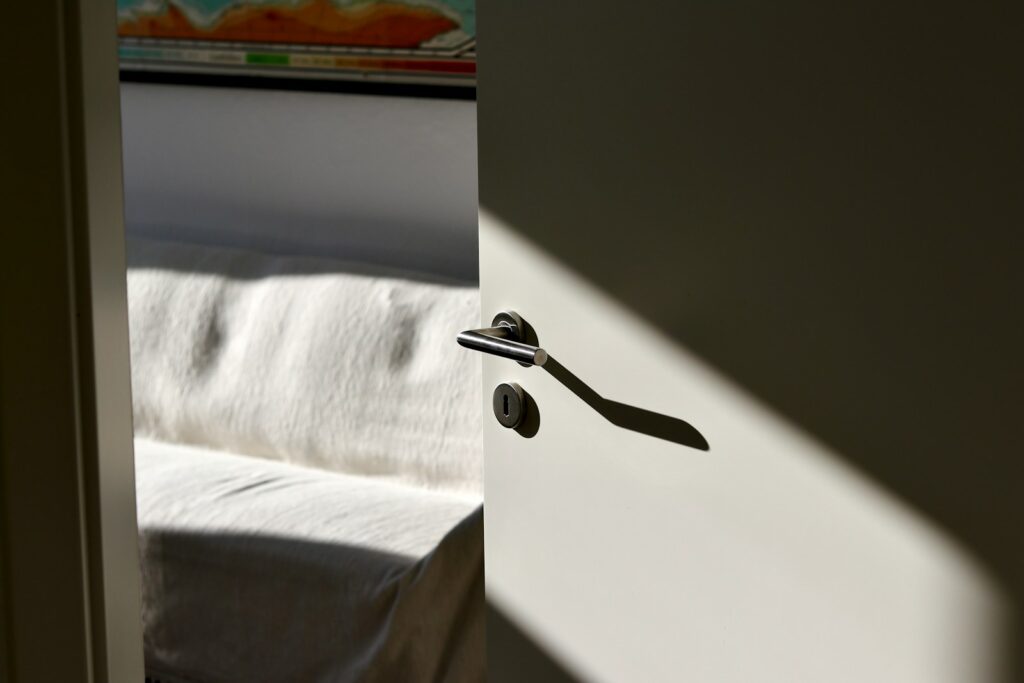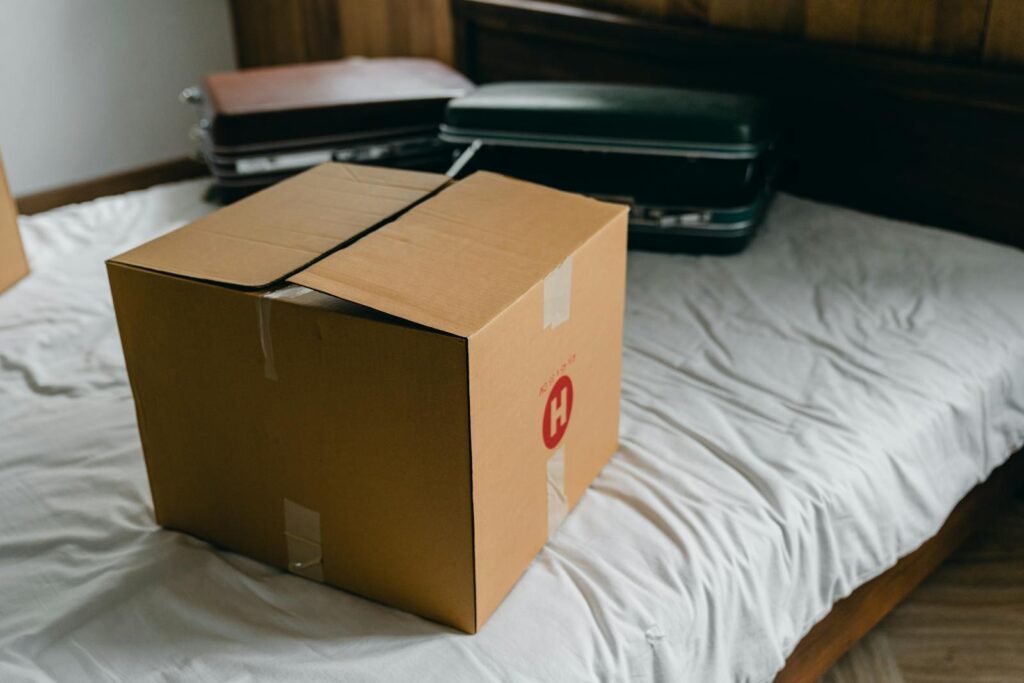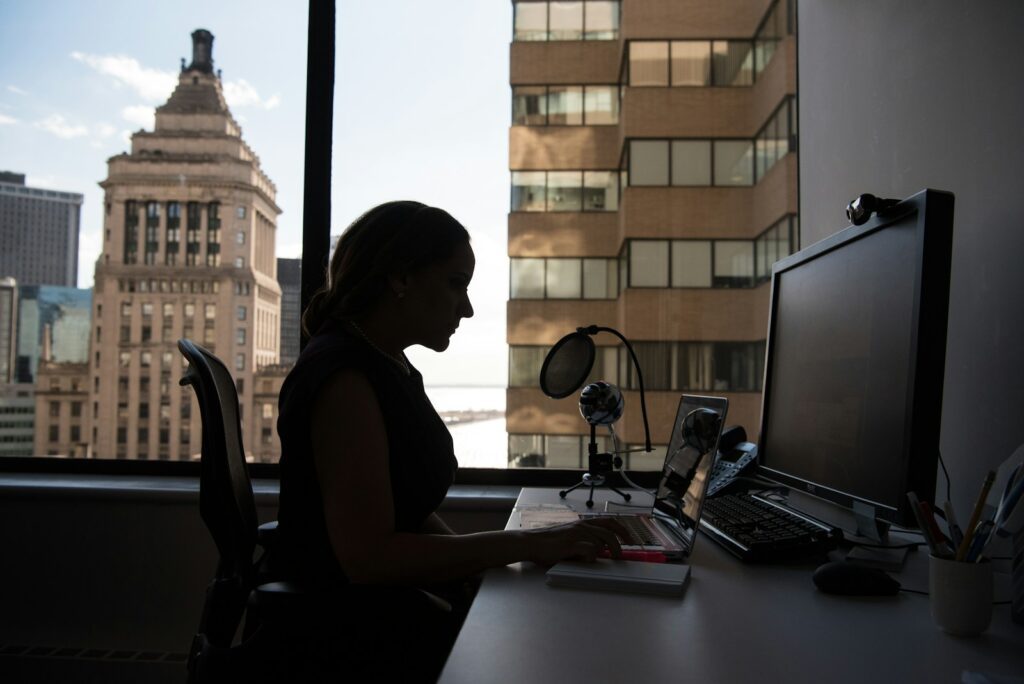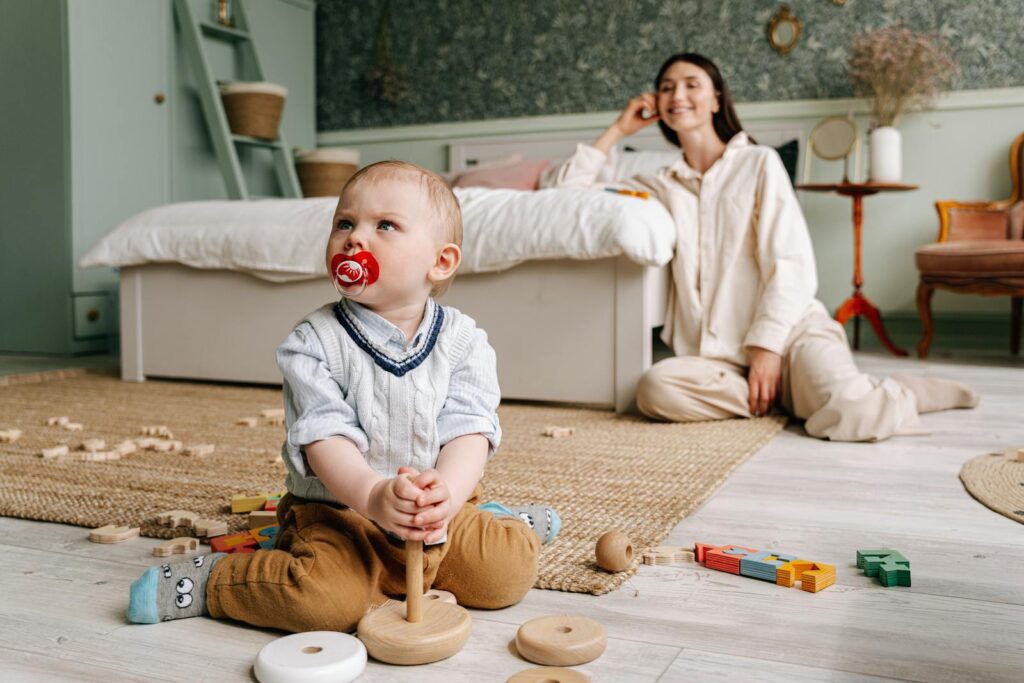When it comes to selling your home, certain design choices can actually reduce its appeal and overall value. Knowing which trends might turn off potential buyers helps you avoid costly mistakes and keeps your property competitive in the market.
Understanding which design trends lower home value empowers you to make smarter updates that protect your investment. This article will guide you through common design decisions that you might want to rethink before putting your home on the market.
Overly customized luxury bathrooms

If your bathroom has very specific features like a built-in hot tub or a home theater setup, it might not appeal to everyone. These luxury additions can make it harder for potential buyers to imagine their own style in the space.
Custom smart home features can also become outdated quickly. Technology changes fast, so what seems advanced now may feel old-fashioned soon, which could lower your home’s value. Keep it simple to attract more interest.
Built-in smart home technology that quickly becomes obsolete

You might think built-in smart devices add value, but technology changes fast. What’s cutting-edge today can feel outdated in just a few years.
When the smart system is hardwired or integrated into your walls, upgrading can be costly and tricky.
Choosing flexible, modular solutions instead lets you swap devices without major renovations. This keeps your home current and more appealing to buyers.
Pools or hot tubs

Adding a pool or hot tub might seem like a fun upgrade, but it often lowers your home’s value. Buyers usually see these features as high maintenance and costly to upkeep.
You’ll also want to consider safety concerns, especially if you have kids or plan to sell to families. Pools and hot tubs can limit your pool of interested buyers.
If you live in a cooler climate, these features may not add any value at all. It’s often better to focus on low-maintenance outdoor spaces instead.
Excessive wallpaper, especially dated styles

If your walls are covered in busy, outdated wallpaper, it can make your home feel cluttered and less appealing. Bold, oversized patterns that feel chaotic might overwhelm a space instead of enhancing it.
You don’t have to remove all wallpaper, but consider updating or removing styles that look old-fashioned. Keeping your walls simple or using modern wallpaper can help maintain your home’s value.
Over-the-top luxury kitchen upgrades

You might think adding extravagant features will boost your home’s value. However, overly personalized luxury kitchens can actually limit your buyer pool.
Think about ultra-high-end appliances or custom finishes that don’t appeal to everyone. These can be seen as excessive or impractical.
Keeping upgrades stylish but functional is often better. Too much luxury can make your kitchen feel less inviting to potential buyers.
Bold, unconventional interior paint colors

Choosing bold, unconventional paint colors can feel exciting, but it might not appeal to everyone. Bright purples, intense reds, or unusual shades can limit your home’s appeal to potential buyers.
If you want to keep your space fresh yet neutral, consider softer or earth tones instead. These shades tend to feel more welcoming and safer for resale.
Remember, homebuyers often prefer colors they can easily personalize, so bold colors might slow down your sale or lower your home’s perceived value.
Excessive and elaborate landscaping

If your yard feels more like a jungle or a complicated maze, it might turn off potential buyers. Elaborate landscaping can be costly to maintain and may limit who’s interested in your home.
You don’t need extravagant features to make your garden appealing. Choosing simple, low-maintenance plants saves money and keeps your yard looking fresh without extra effort.
Using gas utilities in homes due to volatility and health concerns

If you use natural gas in your home, you should know it comes with risks. Gas appliances can pose safety and health concerns like indoor air pollution and potential leaks.
These risks might affect your home’s appeal to buyers who prefer electric alternatives for safety and environmental reasons. Additionally, gas prices can be unstable, which may impact your energy costs over time.
Choosing or avoiding gas utilities can influence your home’s value, depending on what future buyers prioritize.
Outdated lighting fixtures

If your home is filled with old, heavy, or dark lighting fixtures, it can make your space feel dated. Recessed lighting everywhere can create a flat look that lacks character.
Instead, aim for a mix of light sources to add depth and interest. This includes combining overhead, task, and accent lighting to brighten different areas effectively.
Updating outdated fixtures shows care and can help your home feel fresher and more inviting to potential buyers.
Damaged rooftops, gutters, or windows

If your rooftop has visible damage, it can quickly hurt your home’s value. You want to fix leaks or missing shingles to avoid bigger problems.
Gutters that are broken or clogged can cause water damage to your home’s foundation. Keeping them clean and in good condition protects your property and appeal.
Windows with cracks or poor seals can lower energy efficiency and buyer interest. Replacing or repairing them is a smart move to maintain value.
Cluttered home theaters

If your home theater is overcrowded with bulky furniture and too many gadgets, it can feel cramped rather than cozy. You want the space to invite relaxation, not overwhelm visitors.
Keeping the design sleek and organized helps create a clean look. Minimalism and smart storage can make your theater feel larger and more appealing to buyers.
Indoor hot tubs

If you’re thinking about adding an indoor hot tub, consider how it might affect your home’s appeal. While relaxing, some buyers see them as high-maintenance or overly personalized features.
Indoor hot tubs can sometimes narrow your pool of potential buyers. They might worry about moisture damage or upkeep costs.
If you decide to keep one, make sure it fits your home’s style and ventilation is good to avoid issues.
Faded or peeling exterior paint

If your home’s paint is faded or peeling, it can make the whole property look neglected. This often gives buyers the impression that maintenance has been ignored.
Fixing this issue with a fresh coat of paint can improve your home’s curb appeal quickly. Choose timeless colors like whites, soft blues, or warm browns to attract more potential buyers.
Using quality paint also helps protect your home from weather damage. Keeping your exterior paint in good shape is a simple way to maintain your home’s value.













